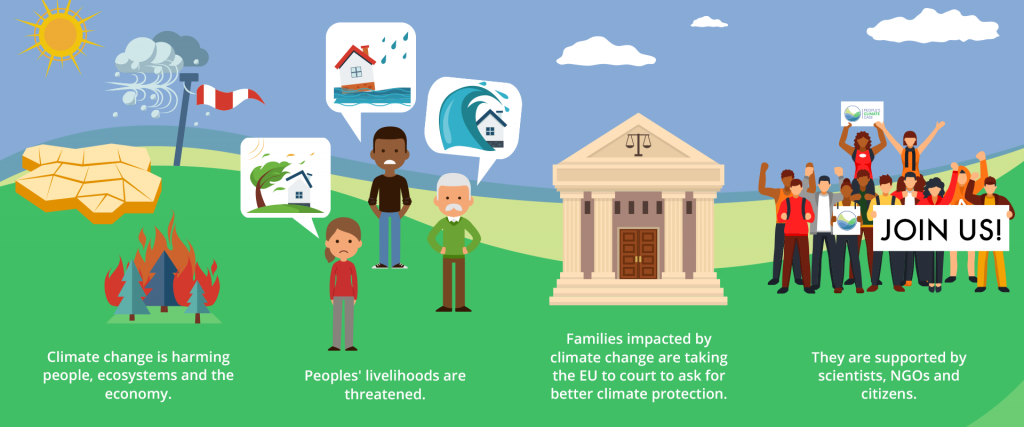UN expert: 120m at risk of poverty due to climate change by 2030

1 July, 2019
Climate change could drive 120 million of the world’s poorest and most disadvantaged people into poverty by 2030 and undo half a decade of work to combat extreme poverty, a new UN report has warned.
Released last week by the UN Special Rapporteur on extreme poverty and human rights, Philip Alston, the report states that ineffective emissions reductions targets and poor efforts to achieve them will be “disastrous for the global economy and pull vast numbers into poverty”.
The report states that while those in poverty are responsible for just a fraction of global emissions, they will “bear the brunt of climate change and have the least capacity to protect themselves”.
The report states that millions will face malnutrition and economic hardship due to the likes of drought and the killing off of marine ecosystems caused by rising temperatures at land and at sea. Many, the report states, will be left to “choose between starvation and migration”.
People in poverty also tend to live in areas more susceptible to climate change and in housing that is less resistant, the report states, with fewer resources available for poorer communities to mitigate the effects.
We risk a “climate apartheid scenario”, the report finds, where the wealthy can pay to escape the likes of overheating, hunger, and conflict while the rest of the world “is left to suffer”.
Although the climate crisis represents an “emergency without precedent” with wide ranging human rights impacts, Mr Alston finds that it remains a marginal concern for both State and many human rights NGO actors.
The report finds that the response to the crisis is “patently inadequate” as States fail to meet targets that are “entirely disproportionate” to the urgency and magnitude of the threat posed.
“States have marched past every scientific warning and threshold, and what was once considered catastrophic warming now seems like a best-case scenario,” Mr Alston says. “Even today, too many countries are taking short-sighted steps in the wrong direction.”
Mr Alston said that an “overreliance on for-profit efforts” as part of the climate solution may in fact give rise to more problems and “would nearly guarantee massive human rights violations, with the wealthy catered to and the poorest left behind”.
“If climate change is used to justify business-friendly policies and widespread privatisation, exploitation of natural resources and global warming may be accelerated rather than prevented,” he warned.

People’s Climate Case
Reacting to the report, Wendel Trio, the director of Climate Action Network (CAN) Europe said the findings again highlight the “devastating and unacceptable impacts” of climate change on people lives, livelihoods and human rights.
Mr Trio said that the findings also justify the move from the families and groups to challenge the EU under the CAN-supported People’s Climate Case for alleged failure to adopt effective laws to tackle climate change.
The plaintiffs are asking EU institutions to recognise climate change as a real threat to human rights and strengthen laws to reduce emissions.
The cases involves 10 families from Europe and outside, together with the Saami Youth Association from Sweden, who have challenged the EU’s 2030 climate target before the European General Court.
While the Court acknowledged that the plaintiffs are affected by climate change, it did not find that they have a right to challenge the EU legislation in court and threw the case out on procedural grounds. The plaintiffs plan to appeal the decision to the European Court of Justice.
Friends of the Irish Environment said that the UN report “has dramatically highlighted the failure of governments” to recognise the impact of climate change on poverty and its social consequences.
“This new report makes clear that governments, both individually and collectively, need to take responsibility for implementing a comprehensive transformative program aimed at mitigation that does not further penalise the poor, or bring additional poverty about,” FIE said.
[x_author title=”About the Author”]







